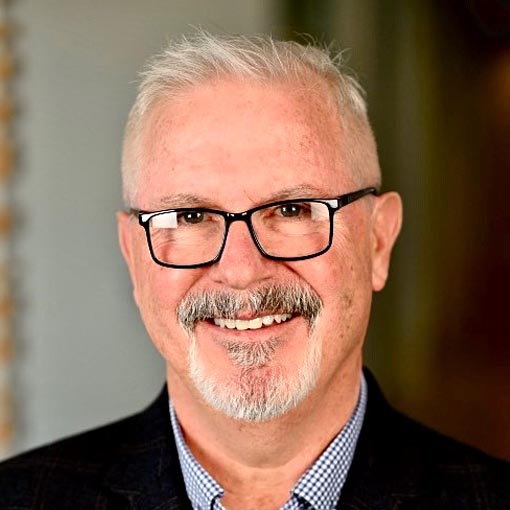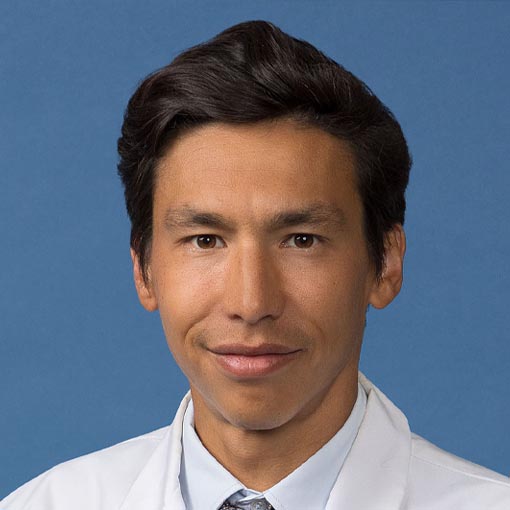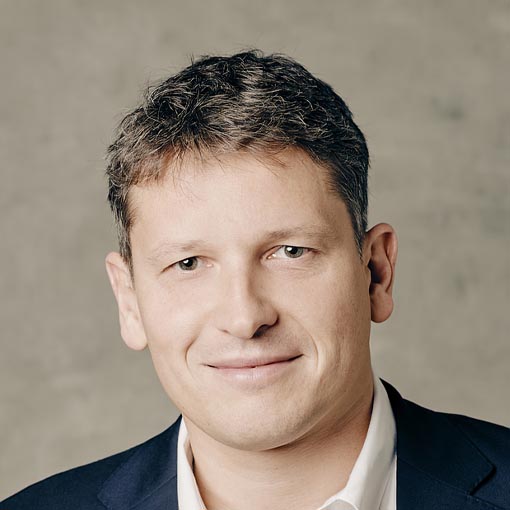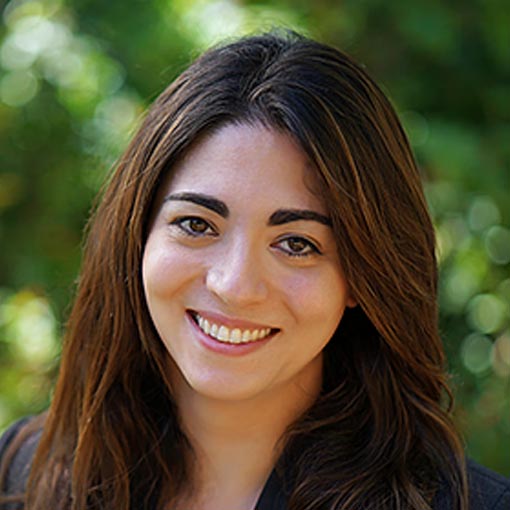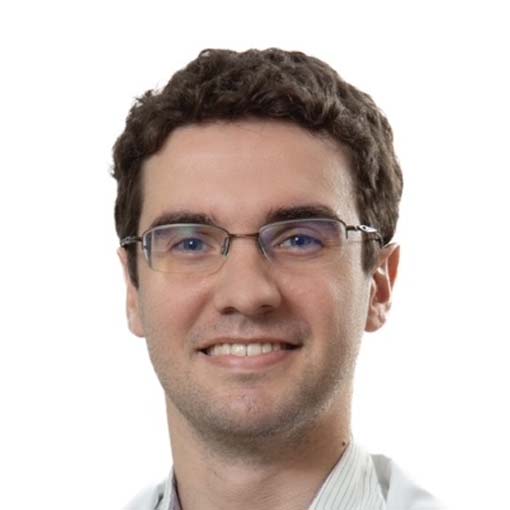FAPI-PET imaging & theranostics: A new era in targeting cancer and fibrotic diseases
While traditional imaging methods like FDG-PET are effective for detecting highly metabolic cancer cells, they fall short in specifically imaging the tumor microenvironment. Fibroblast Activation Protein (FAP)-targeted PET imaging addresses this by specifically visualizing the tumor stroma, which is richly populated with cancer-associated fibroblasts. This targeted approach introduces a new dimension in tumor evaluation, with applicability across a wide range of cancers.
Moreover, the high expression of FAP in fibrotic diseases further highlights its broad utility as a biomarker across diverse pathological conditions. FAP inhibitors (FAPI) enable non-invasive imaging of FAP, providing enhanced diagnostic precision while unlocking theranostic potential in both oncology and fibrotic disease applications.
In this roundtable discussion, the panelists will:
- Explore the dual utility of FAP as a biomarker for assessing treatment responses in oncology and fibrotic diseases
- Review the advantages of FAP-targeted imaging and complementarity with FDG-PET
- Discuss the theranostic applications of FAPI




